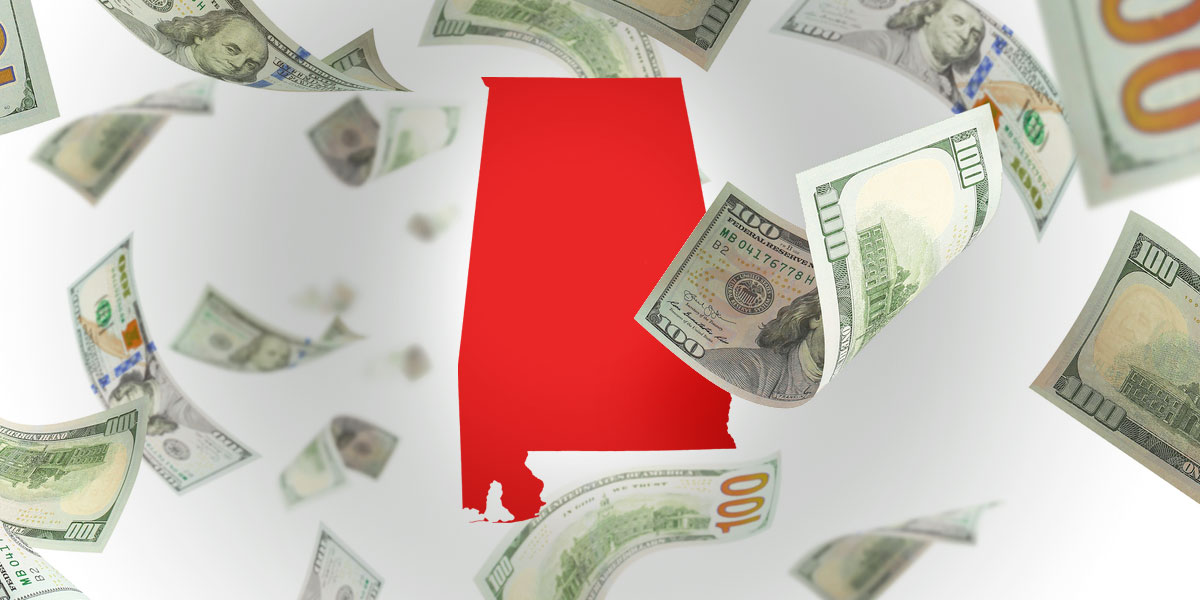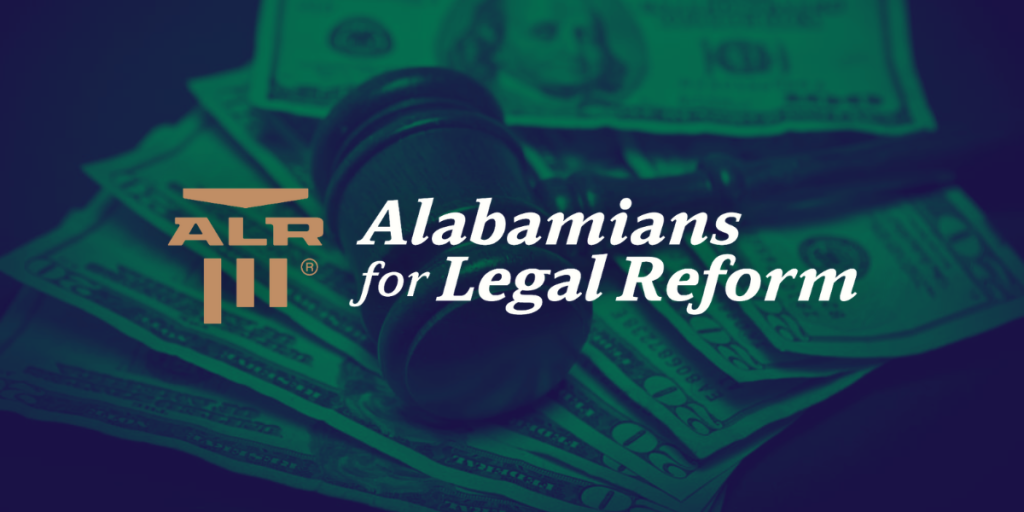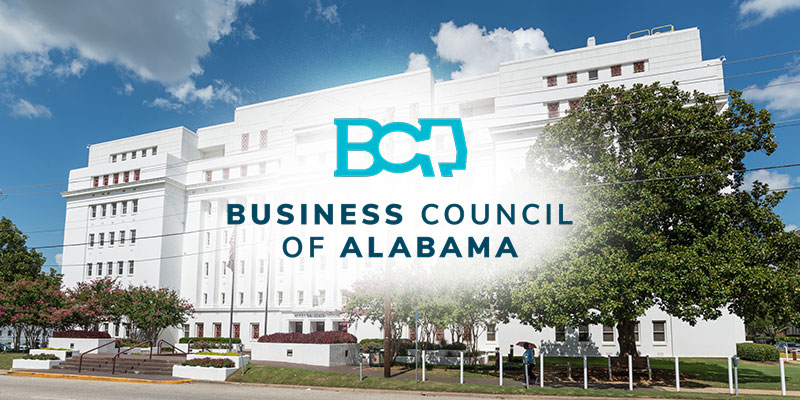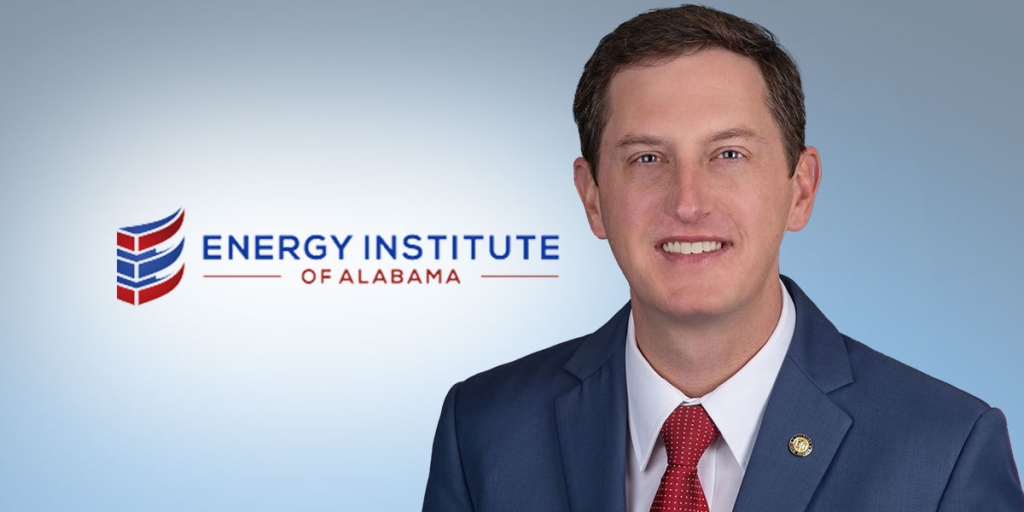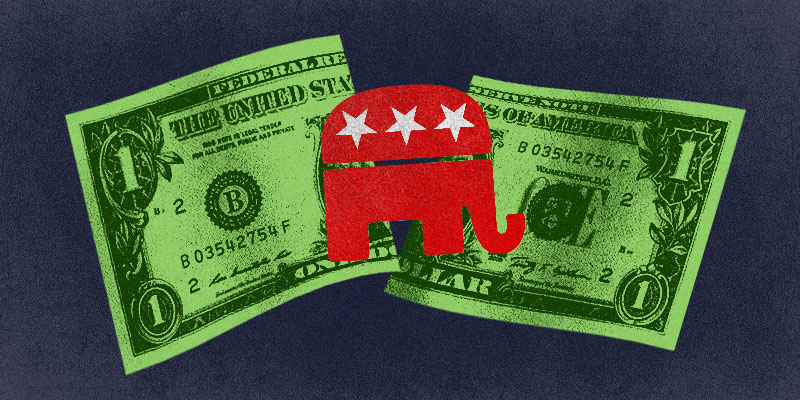The Public Affairs Research Council of Alabama (PARCA) is a nonpartisan research organization focused on helping state and community leaders make better-informed public policy decisions.
After several years of consecutive growth, a new analysis of state tax revenues predicts the era of big budget increases may be coming to an end.
The Public Affairs Research Council of Alabama today released a new report on the trends in revenue supporting the state government, Alabama State Tax Collections, 2023.
For this report, PARCA closely examined the various revenue sources from which the state collects funding to operate its government services each year. In Fiscal Year 2023, which ended Sept. 30, revenue collections were mixed. General Fund revenue jumped, but collections for the Education Trust Fund remained relatively flat — though still high considering historical averages.
“We’ve seen several years of unusual growth in both budgets, but that appears to be moderating,” said Thomas Spencer, a PARCA senior research associate.
According to PARCA’s evaluation, General Fund revenues rose because of a more than 900 percent increase from interest on state deposits. Revenue from interest spiked due to higher interest rates and unusually large sums of money held by the state — more than $2 billion from the American Rescue Plan Act (ARPA) and more than $3 billion from a FY 2022 budget surplus.
The ETF barely budged because its primary revenue sources canceled each other. Sales taxes grew $113 million as income tax collections declined $150 million. Both funds benefited from strong growth in the Simplified Sellers Use Tax, a tax on online sales.
PARCA warns that revenue growth in both budgets will likely slow down in the coming years. The state is dispersing the federal COVID relief dollars that bolstered interests on state deposits. Legislation authorizing tax rebates and reduced grocery store sale taxes has gone into effect.
However, Alabama appears to be well-prepared for this situation because of past decisions to reinvest in savings accounts and control spending through conservative appropriations.
“While the state has enjoyed record amounts of funding in recent years, more challenging days are in the future,” said PARCA Executive Director Ryan Hankins. “Lawmakers will once again be faced with needs that outpace revenues.”
Moving forward, PARCA is monitoring the following items to determine how its forecasts on future Alabama budgets will change:
- Inflation and interest rates and their effects on economic indicators, including the housing market
- Revenues and their ability to grow beyond inflation rates
- Revisions to the Rolling Reserve Act that altered the spending cap formula
- The impact of the income tax rebate being sent to state taxpayers this month
- The reduction of the sales tax on food items from 4% to 3%
- The expected drop in the revenues from interest on state deposits, as federal funds are spent down
- Slowing growth in the Simplified Sellers Use Tax




